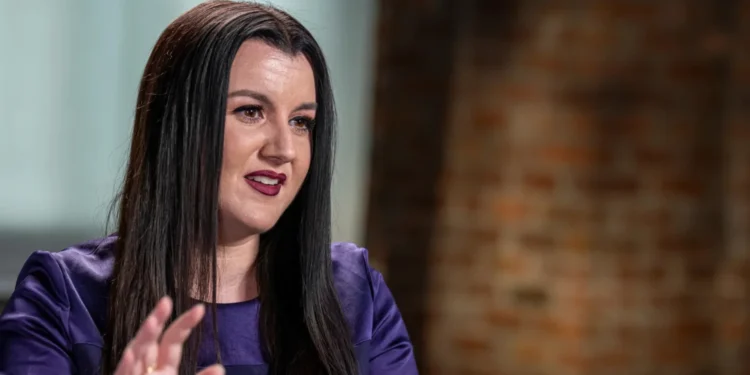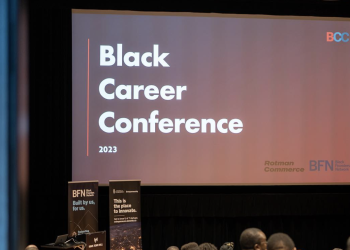OpenAI is no longer content with powering the world’s AI, it’s now designing how the world experiences it.
In a bold and telling move, OpenAI has appointed Fidji Simo, former Instacart CEO and Facebook executive, as the new CEO of Applications, reporting directly to Sam Altman. Simo is one of the most accomplished operators in consumer tech, having led Facebook’s core app and scaled Instacart’s AI transformation across millions of households. This appointment is a manifesto for where OpenAI is headed next.
Sam Altman confirmed the new structure in a post that has since gone viral, noting that he will now concentrate on “research, compute, and safety”, the deep scaffolding of OpenAI’s models, while Simo takes the helm of OpenAI’s application layer. “These are critical,” he wrote, “as we approach superintelligence.” And yet the choice of Simo — an expert in making AI invisible, intuitive, and indispensable in daily life signals another mission: making AI profoundly useful, mainstream, and monetisable.


A New Phase: From Infrastructure to Everyday Influence
OpenAI’s core identity has long been that of a research powerhouse, a builder of GPT models and cutting-edge tools. But over the past year, subtle signs of a shift have emerged. The ChatGPT mobile app. The GPT Store. Whisper integration. And most recently, a stealth update that restructured how shopping, plugins, and browsing are surfaced and accessed within ChatGPT.
While not formally announced as a product overhaul, this update quietly transformed ChatGPT into something closer to an AI operating system, one that can compare products, recommend services, fetch live information, and transact in real time. The experience feels less like a chatbot and more like a smart assistant that can act across your digital life.
Then came Fizz.
Just yesterday, Instacart launched Fizz, an AI-powered discovery and shopping app. Though no longer at the company, Simo’s fingerprints are all over the vision: AI as a layer that simplifies decision-making and makes shopping feel more like scrolling a curated, personalised assistant. It’s not hard to imagine OpenAI building its own AI-first commerce layer, one that moves beyond search into pure conversation-driven consumption.
A WindSurf on the Horizon?
TechSoma has learned of industry chatter around a potential OpenAI acquisition of Windsurf, a stealth-mode startup developing agentic AI workflows and self-directed task engines. While OpenAI has not confirmed any such deal, insiders suggest Windsurf’s technology could power the kind of hands-free productivity experience that makes ChatGPT feel less like a tool and more like an AI colleague.
The Apple of AI?
The comparisons to Apple aren’t lazy metaphors anymore. Just as Apple mastered both silicon and software, OpenAI is now splitting its leadership focus between foundational capability (Altman) and mass-market utility (Simo).
The hiring of Fidji Simo is both a chess move and a warning shot. OpenAI is coming for consumer experience, and it’s doing so with the precision and ambition of a company that wants to define the future, not just research it.
Superintelligence may be the long game. But super convenience is now.













